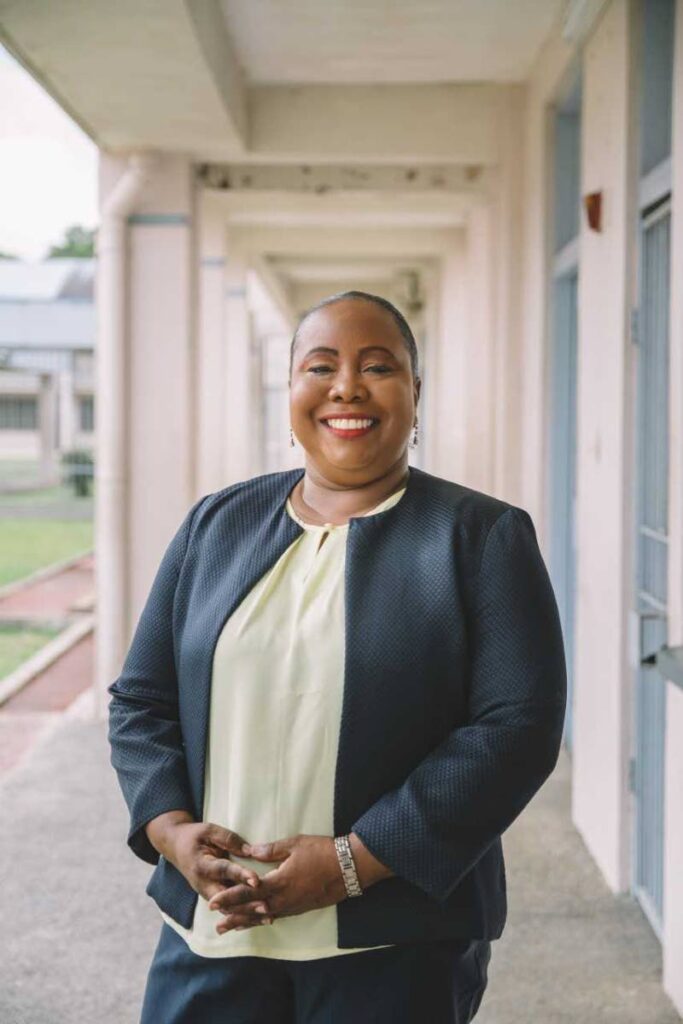Teachers voice concern over poor pay, working conditions at convention

President of the TT Unified Teachers' Association Antonia De Freitas said Friday's convention with teachers from across four educational districts was aimed at sharing information and getting feedback on some of the burning issues affecting teachers including outstanding wage negotiations and poor working conditions.
In an interview on Saturday, De Freitas said, "The union speaks of the heart of the members and if they don't consult the union then the members, the practitioners have no say in the development on policies and the implementation of policy plans. So we really and truly sought to empower our members during the convention."
This year's theme was Transforming Education Begins with Teachers.
Teachers from North Eastern, Port of Spain, Victoria and Tobago districts participated in the convention with the other districts opting for an independent convention.
De Freitas said, "As a union we have to increase our member participation, make it more inclusive so members can have a voice on various social, political and welfare issues."
She said she also made the association's members aware of the issues it is facing which are how to proceed with negotiations of percentage increases and other internal issues that its members had raised.
De Freitas said many members of the association are concerned with negative comments that stem from the public and politicians that label teachers' actions as irresponsible.
"Everything that happens in terms of the education sector is influenced by or impacted by government policy. So I would want to remind (the public) that at the start of pandemic, when we closed our schools in March 2020, it was TTUTA who first made the call for proper arrangements for virtual classes, the distribution of devices to students and educators and properly designed emergency curriculum."
She said teachers were working full-time and even overtime while balancing a family life during that time as well.
"So when the educators and now saying, listen we deserve appropriate compensation because like other citizens we have been negatively affected by the rising cost of living, we realised that there has to be some way to get our message across and to indicate that we cannot function." Teachers took the first day of the new school term in September off to "rest and reflect" and had threatened further action in October, which prompted the Ministry of Labour to obtain an injunction debarring industrial action on the basis that teachers are members of the essential service and cannot strike.
De Freitas said teachers have been facing poor physical conditions of some schools which have recently surfaced as well as the recurring problem of student indiscipline.
She said she hopes in keeping with the transformation of the education system that educators will be at the heart of that and that the working conditions are improved so education can be delivered as a public good.
De Freitas also highlighted to a newspaper article that mentioned teachers were pushing for housing and referred to a meeting with the Housing Development Corporation (HDC) last month. De Freitas said at the meeting when they asked for 10 per cent of housing stock to be allocated to teachers, similar to an arrangement for the protective services, they were told no. She said Ministry of Education and the Ministry of Housing and Urban Development did not have a Cabinet-approved agreement like the Ministry of National Security.
"What was suggested to TTUTA, if you wanted to have such a specific arrangement for allocation for housing stock for educators, then TTUTA needed to develop a proposal, approach the Ministry of Education, engage the ministry and have such a Cabinet arrangement done between the Ministry of Education and Ministry of Housing and Urban Development."
During her speech on Friday, she said some of the issues that have exacerbated recently are, "teacher shortages, lack of professional development opportunities, low status and working conditions and lack of capacity to develop teacher leadership, autonomy and innovation."
She offered strategies for some of these issues – the importance of social dialogue, meeting teacher's professional needs, facilitating self organising, shaping the discourse for the quality of education and support for the profession and building alliances and strategic partnerships.


Comments
"Teachers voice concern over poor pay, working conditions at convention"